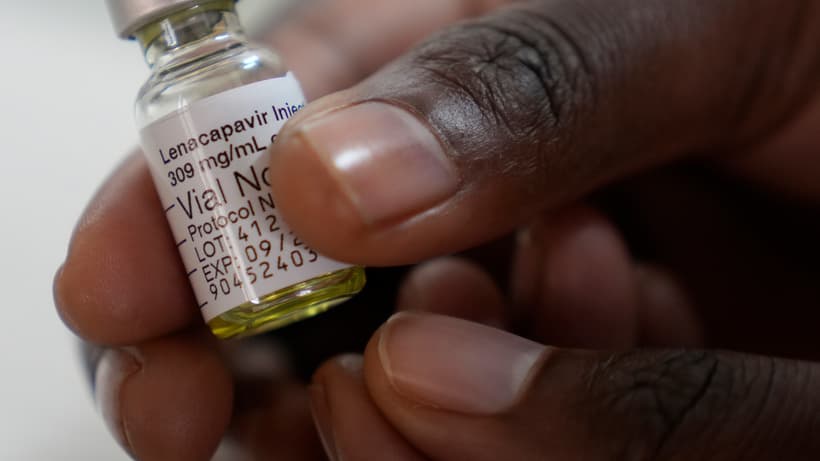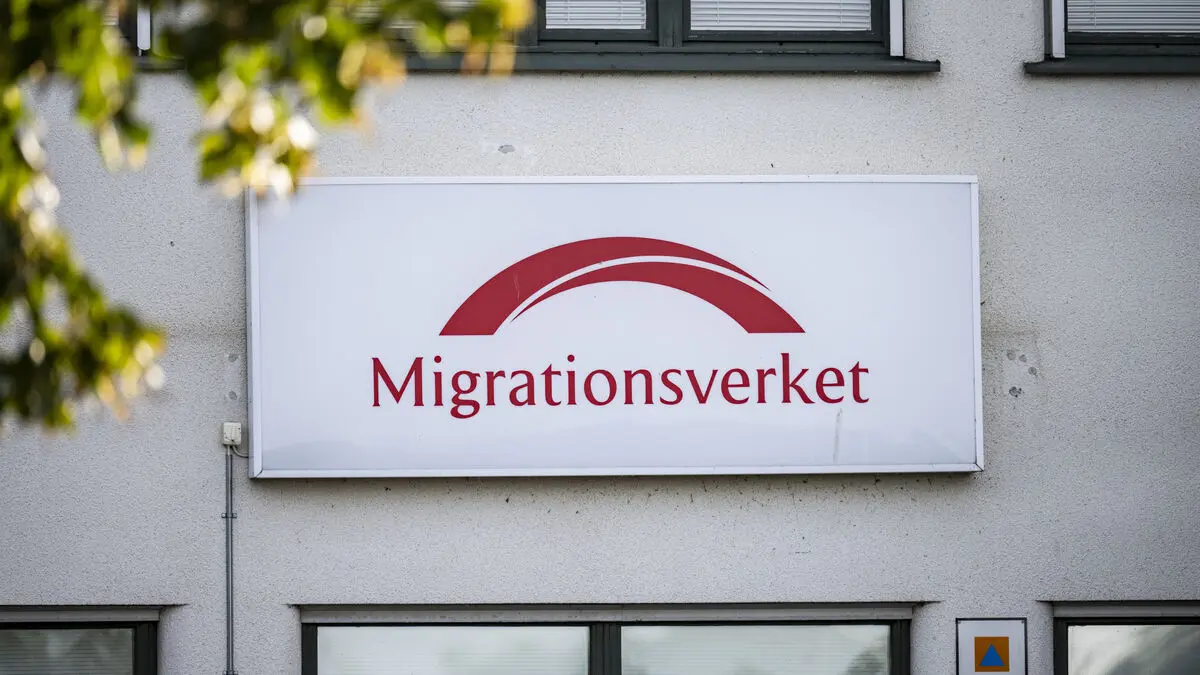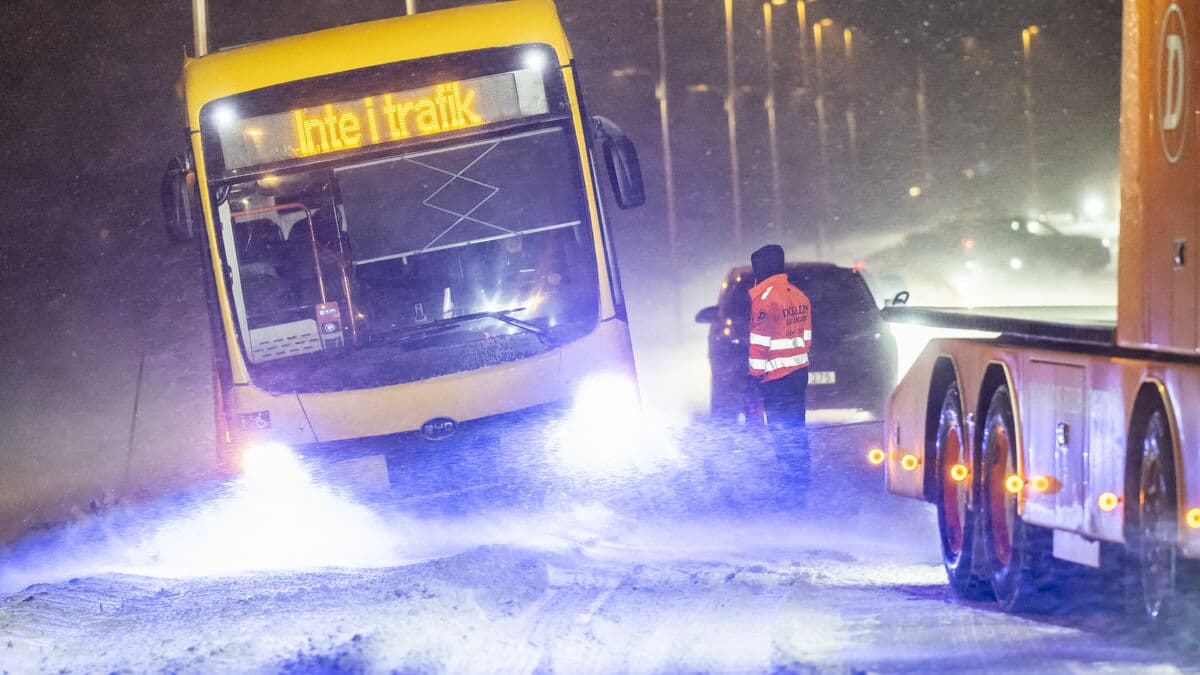A breakthrough in the fight against HIV among young women in Africa is near. A large newly published study reported total protection against HIV from a drug given as two injections per year.
But the pharmaceutical company's pricing will be an obstacle to accessibility.
Preliminary results were presented earlier this year, but now the study has been published in the journal The New England Journal of Medicine – and impresses state epidemiologist Magnus Gisslén.
This is a very important study with very fine results, he says to Dagens Medicin.
The new drug Sunleca (lenacapavir) has been given to young women in Uganda and South Africa and shows good protection against HIV infection.
Lenacapavir is given as an injection every six months and none of the 2,134 women treated with the drug were infected during the study. In contrast, 1.5 percent and 1.8 percent of those treated with the daily tablets Truvada or Descovy in the same study were infected.
The result is very important for the possibility of preventing HIV in a broader perspective in developing countries. The treatment also seemed to lack significant side effects, says Gisslén.
But lenacapavir is a very expensive drug. Two injection sessions per year cost a total of around 420,000 kronor. In addition, an initial treatment with tablets costs almost 29,000 kronor.
The cost is a major challenge, but I hope that the price will be able to be lowered so that the treatment can be offered in parts of the world with high incidence of HIV, says Magnus Gisslén.
Corrected: In an earlier version, the cost of the injections was incorrectly stated.






